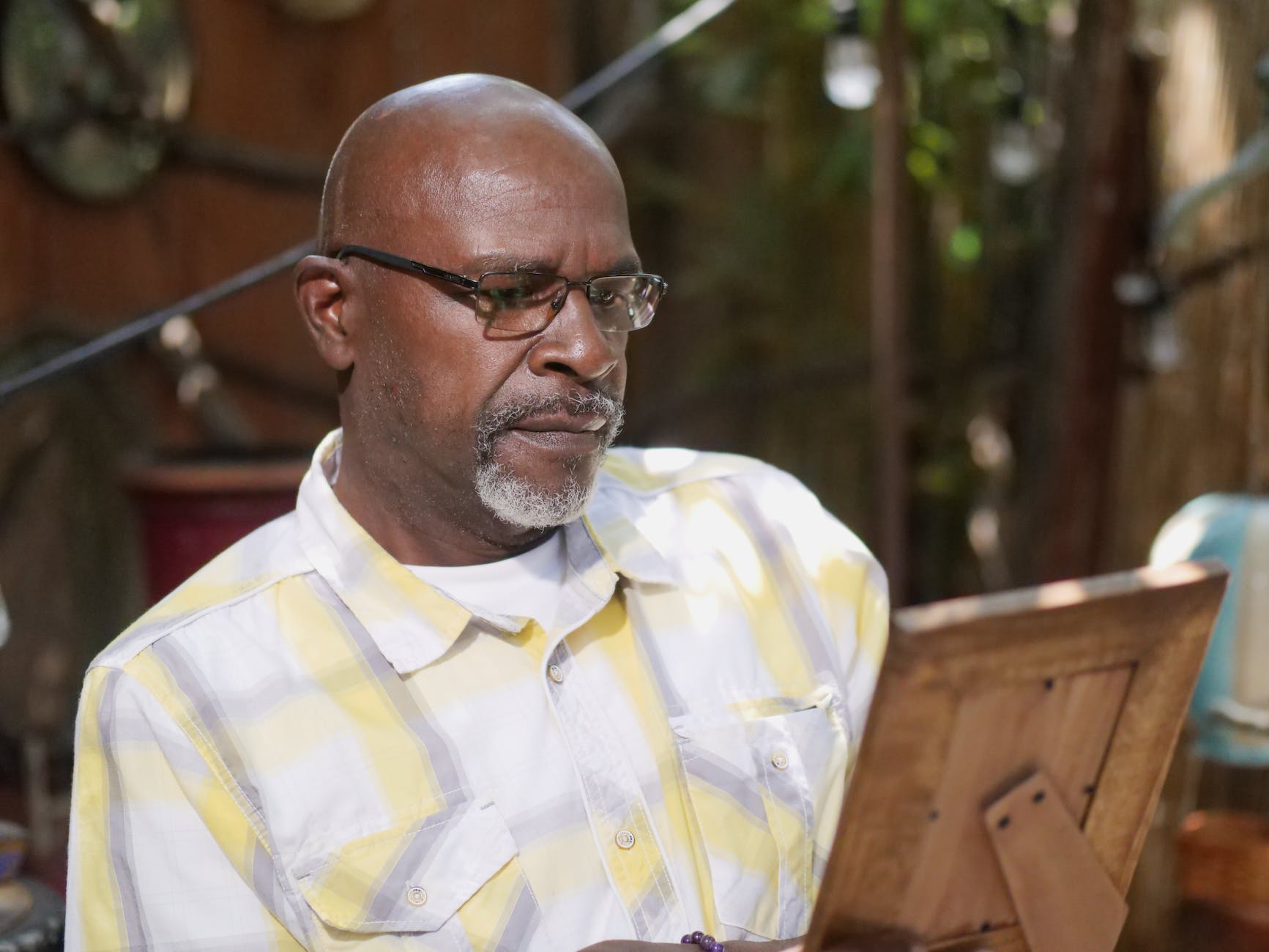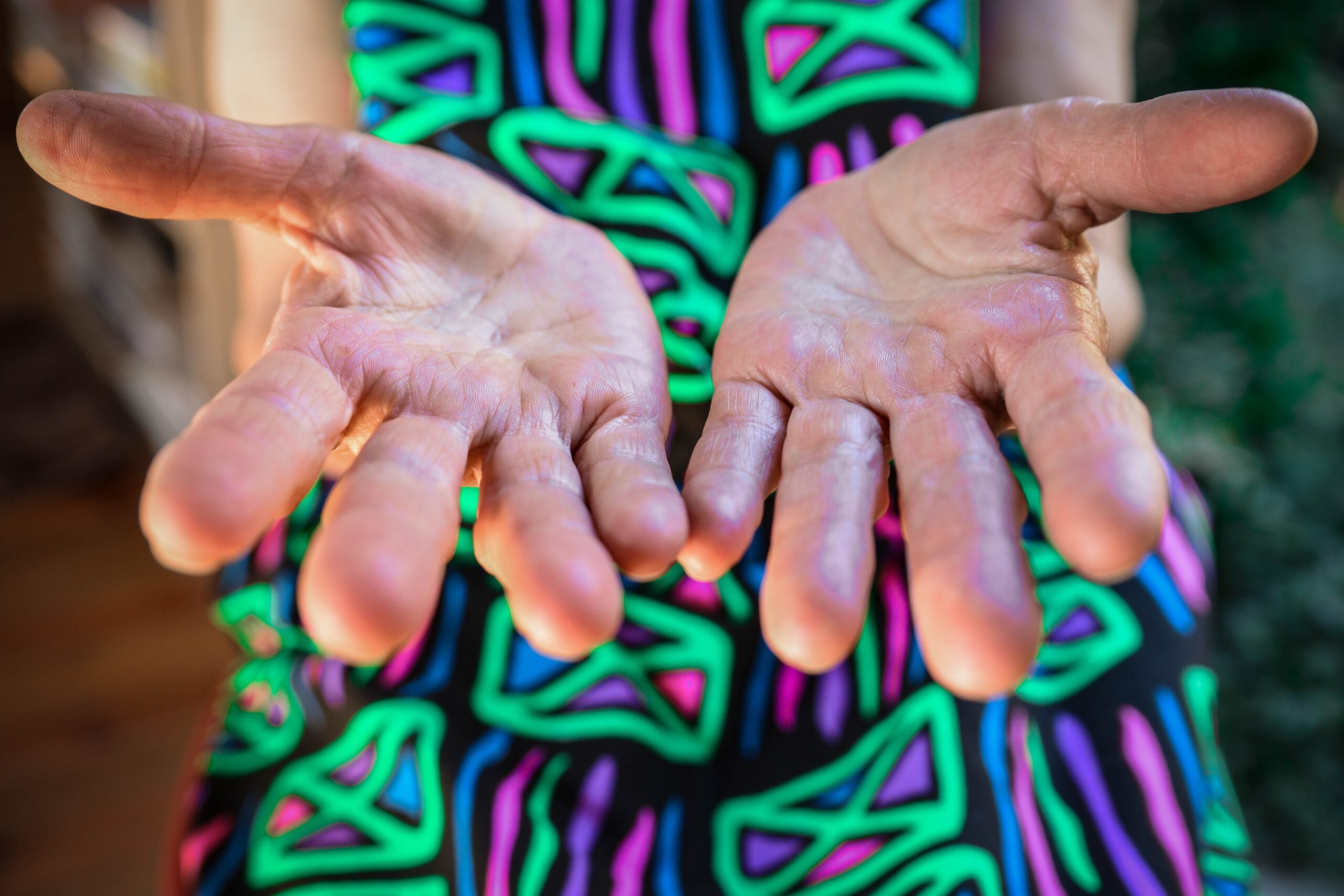According to the CDC, dementia isn’t a specific disease. Rather it’s a general term for a diminished ability to think, remember, or make decisions. This diminished ability interferes with normal, everyday activities. More and more aging adults are diagnosed every year. What should you know when caring for someone with dementia?
Growing Numbers
“Of those at least 65 years of age, there was an estimated 5.0 million adults with dementia in 2014 and projected to be nearly 14 million by 2060.”
Currently, 6.2 million people are living with Alzheimer’s Disease.
Adults with dementia need caregivers. More than one caregiver is vital for those who require round-the-clock supervision. Family members, friends, healthcare workers, and death doulas will need to work together as a team.
This must include quality training and awareness so our loved ones can get the appropriate loving care they require. In addition to my death doula work, I also serve as a transitional doula. This includes people transitioning from independent living to assisted living, often because of dementia.
Consider Your Options
How do you want to be cared for if you get some form of dementia? Consider your options before a diagnosis. This includes choosing a healthcare proxy, who can make decisions for you when you no longer can make decisions for yourself.
Whether you want long-term care, or you choose to hasten death before you become incapacitated, you must fill out advance directives, talk with your doctors, discuss your thoughts with loved ones, and pick a proxy who can help support your wishes.
Don’t just kick the can down the road. Your loved ones need to know exactly what you want so they can ensure a dignified and supportive experience that honors your wishes.

Caring for Loved Ones with Dementia at Home
My suggestions are designed to minimize anxiety for both the person with dementia and the caregiver. Doulas, as well as others, need as much information as possible to do this job effectively.
I have years of experience as a care partner and doula, both independently and through respected agencies. My goal, as always, is to serve and educate. Here’s what I learned that helps me with my work.
Verbal Communication
For someone with dementia to hear what you’re saying and process the information can sometimes take well over a full minute. I recommend that caregivers come to expect this and learn to be comfortable with silent moments.
It doesn’t always come naturally. Death doulas can help you learn to sit peacefully in silence and not feel anxiety around it. Knowing to take a long pause after we speak is another way of practicing patience with all our clients.
Non-Verbal Communication
Body language, facial expressions, and tone of voice are important. They help convey messages. Different cultures interpret those messages in a variety of ways. Conveying calm reassurance when communicating, both verbally and non-verbally, helps all clients feel less stress.
I have learned to smile. A lot. My clients with dementia see the disappointment and heartache in their loved ones when they forget something or can’t remember an important bit of information. This can cause stress and trigger outbursts. I make sure they don’t see that in me.
Acceptance
Don’t argue with someone who is experiencing a different reality. Rather, try to understand it. Living with that confusion and fear is hard enough. They certainly don’t need death doulas or caregivers telling them “No, you’re not going to work because you retired 10 years ago.”
Or “That didn’t happen last Tuesday, it was Monday.”
Challenging a client with dementia can build resentment. It’s unnecessary. Simply walk with them and understand.
Environment
I agree with experts who say, “A cluttered room creates a cluttered mind.”
Part of my job is to help facilitate a peaceful life and death. Our surroundings matter. That means the room or area must be safe. Your home should be comfortable for visitors as well as clients.
A cluttered, overstuffed room with hazards can contribute to agitation or confusion for someone with dementia.
Routine
Establishing a routine early on is important. Forming new memories (and thus, new routines) will be more challenging as time goes on.
I’m a former high school teacher. Students with certain learning styles and personality traits responded better when I would “cue before I do.” For example, I’d say, “In five minutes, we’re going to clean up and get ready to leave.” That allowed my students to prepare for a change.
These tips also apply when providing care or service to my clients with memory loss.
Strategies
This step reminds me of something I used to hear when I was younger, “A place for everything and everything in its place.”
Organizing strategies make life more manageable for my clients who are losing the ability to remember where they last put something. Creating a strategy for where things belong, using labels or other ways to aid memory, prevents unneeded confusion.
Cognitive (Brain) Activity
Many family members and loved ones tend to focus on what those with limited memory function can’t do. However, many activities can be adjusted for someone with dementia.
Such activities can even be slightly challenging in the beginning and then modified as the disease progresses. Like anything, I encourage my clients to focus on what they can do, rather than what they can’t. Check out this link for project ideas you can enjoy together.
Physical Activity
No matter our age, or medical condition, staying physically fit is vital. It makes everything easier. Of course, the specifics will naturally depend on a person’s age and abilities.
Above all, we must move in some way every day. Engaging in regular and gentle exercises with my clients helps them stay healthy and improves brain function as well.
Nutrition and Hydration
Eating healthy foods and drinking plenty of water are also important routines no matter our age.
It’s been my experience that dementia eventually makes eating difficult. Therefore, I recommend preparing small snacks and finger foods to encourage easy eating.

Caregiver Stress Relief
This is vital. Caregivers feel stressed out and oftentimes don’t want to talk about what they need. As a doula, I must help them understand that they cannot effectively care for others if they aren’t caring for themselves first.
I am sure to model that behavior too.
Caregivers need effective support from doulas and the whole team just as much as a patient with dementia.
If you’d like support or a session to discuss more ideas when caring for someone with dementia, contact me at Anitya Doula Services.



One thought on “Caring for Someone with Dementia”